5 Nutmeg Replacements That Keep the Flavor Warm
What can I substitute for nutmeg when this warm, aromatic spice is missing from your pantry? Many home cooks face this dilemma during holiday baking or while preparing certain savory dishes.
The distinct flavor profile of nutmeg makes finding alternatives a bit challenging, yet several other spices can step in quite admirably.
Most substitutes won't perfectly mimic that unique nutmeg character, though they can still enhance recipes with similar warm notes.
Each alternative brings its own subtle nuances to dishes, allowing for creative flavor adaptations rather than exact replications.
Smart cooks often mix two or more spices together for a more authentic replacement.
These nutmeg substitutes will save your recipe when unexpected shortages occur, giving you options to continue cooking without rushing to the store.
Nutmeg 101: Source, Harvest, and Global Uses
Nutmeg is a warm, aromatic spice that comes from the seed of the nutmeg tree, which is native to the Spice Islands of Indonesia and now grown in several tropical regions:
Why Substitute Nutmeg?
Sometimes you may want to swap nutmeg for another spice, and there are good reasons to do so even though nutmeg has a one-of-a-kind flavor:
Fragrant Nutmeg Alternatives
Warm, aromatic flavors still shine when using nutmeg substitutes, each bringing its own character to sweet and savory recipes. Some even offer subtle hints of spice or sweetness. Plenty of choices are worth exploring for your next dish.
Mace
Mace offers an excellent alternative for nutmeg in recipes since both spices come from the same plant, making their flavor profiles remarkably similar.
The main difference lies in their source - nutmeg is the actual seed while mace is the reddish covering (aril) that surrounds it.
Many chefs appreciate how mace provides the same warm, aromatic qualities without any noticeable difference in the final dish.
You can substitute mace in equal amounts whenever nutmeg is called for in sweet or savory recipes.
The versatility of this substitution works perfectly in everything from baked goods to creamy sauces and hearty stews.
Allspice
Allspice, despite its misleading name, comes from the ground berries of the Pimento doc tree native to Caribbean regions, particularly Jamaica.
Many cooks appreciate its complex flavor profile that combines hints of pepper, juniper berries, cinnamon, and nutmeg, making it an excellent substitute when nutmeg isn't available.
For easy replacement in recipes, you can simply use equal amounts of allspice instead of nutmeg without adjusting measurements.
Home bakers often keep this versatile spice in their pantries since it works well in both sweet treats and savory dishes where nutmeg would typically shine.
Pumpkin Pie Spice
Pumpkin pie spice serves as an excellent nutmeg substitute in various recipes beyond just pies, offering a similar flavor profile when used in equal amounts.
This aromatic blend typically contains cinnamon, allspice, cloves, ginger, and sometimes actual nutmeg, creating a warm, complex taste that works wonderfully in both sweet and savory dishes.
Many people already have this seasonal spice mix in their pantry, making it a convenient alternative when nutmeg isn't available.
The versatility of pumpkin pie spice extends to cookies, cakes, coffee drinks, and even certain meat dishes where nutmeg would normally be called for.
Garam Masala
Garam masala serves as an excellent nutmeg substitute in cooking, thanks to its rich blend of spices that often includes nutmeg itself alongside cloves, cardamom, cumin, cinnamon, and black pepper.
Most home cooks prefer versions containing both mace and nutmeg for the closest flavor match when replacing pure nutmeg in recipes.
This aromatic spice mixture, deeply rooted in South Asian and Indian traditions, varies slightly by region but consistently delivers warm, complex notes to dishes.
You can typically use it in equal amounts as the called-for nutmeg, making adjustments easy for anyone experimenting in the kitchen.
Ginger
Substituting ginger for nutmeg offers a bold flavor alternative that Many people overlook.
This versatile root from the Zingiberaceae family brings a distinctive heat that works wonderfully in savory, meat-based recipes when nutmeg isn't available.
Ginger performs equally well in vegetable dishes, giving an unexpected zing that can enhance the overall taste profile.
For the best results, simply use equal measurements whether you're working with fresh, dried, or ground ginger.
The beauty of this substitution lies in how it maintains depth while creating a slightly different flavor direction that might become your new favorite kitchen trick.
Tips for Adjusting Quantities When Swapping Nutmeg
When swapping nutmeg with another spice, it’s important to get the balance just right so your food still tastes great and nothing overpowers the dish:
Start Small
Begin with a smaller amount of your substitute since spices like allspice, cloves, or mace can be stronger or have a different flavor profile than nutmeg. You can always add more as you taste.
Milder Substitutes
When using cinnamon or cardamom as substitutes, use roughly the same quantity as nutmeg, but taste frequently because these spices blend more gently and may not provide the same warmth.
Strong Flavors
Cloves and allspice have bold, intense flavors. Reduce their quantity by at least half compared to nutmeg to prevent them from overpowering your dish.
Taste And Adjust
After adding your substitute, taste your batter, sauce, or dough before baking or serving. Add small amounts incrementally if you want to increase warmth or spice gradually.
Blending Spices
Mix cinnamon and allspice in small amounts for a balanced nutmeg replacement that captures its unique depth without overwhelming other flavors.
Baking Tips
For baked goods like cakes, cookies, and quick breads, remember that a little spice goes a long way. Start with less substitute and add more only if the flavor is lacking.
Nutmeg Substitute FAQs: Your Questions
1. Is allspice a good nutmeg substitute?
Allspice can mimic some of nutmeg’s warmth and complexity, making it a solid option in both sweet and savory dishes.
2. What’s the best nutmeg replacement for savory recipes?
Mace is ideal, it’s the outer covering of the nutmeg seed and has a similar but more delicate flavor, perfect for creamy sauces or meats.
3. Can I skip nutmeg altogether?
Yes, but you’ll lose some depth of flavor. If you don’t have a substitute, the recipe will still work, just with a slightly different taste.
4. Are there any nutmeg-free spice blends I can use?
Pumpkin pie spice or apple pie spice blends often contain nutmeg, but you can find or make versions without it, relying more on cinnamon and ginger.
5. How do I substitute fresh nutmeg for ground nutmeg?
Use about 1/4 teaspoon of freshly grated nutmeg for every 1/2 teaspoon of ground nutmeg, as fresh is more potent in flavor.
6. What’s a good nutmeg swap in eggnog or custard?
Cinnamon or a dash of cardamom can provide warmth and spice. Mace is also a classic substitute in creamy drinks or desserts.
7. Are nutmeg substitutes safe for everyone?
Yes, but always check labels if you have allergies, especially when using spice blends or pre-mixed alternatives.
8. Can cloves replace nutmeg?
Yes, but use cloves sparingly, they’re much stronger and can easily overpower a dish. Start with a pinch and adjust from there.

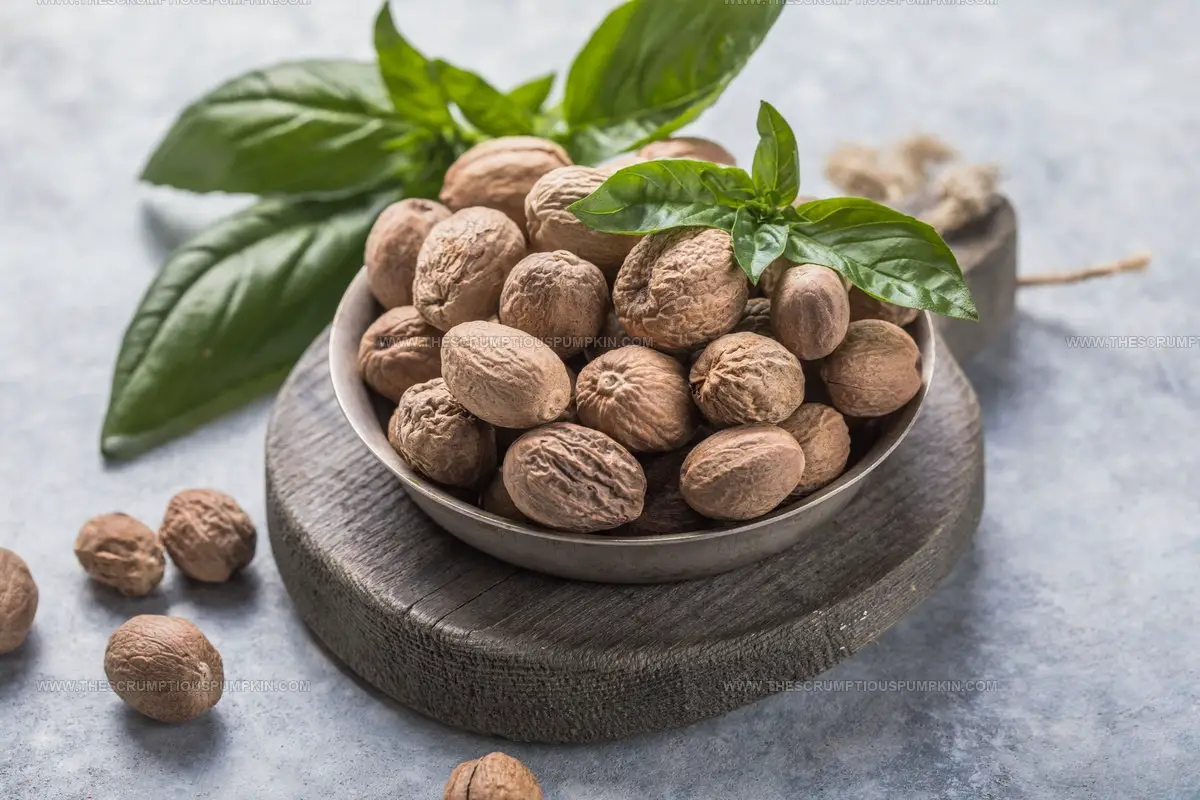
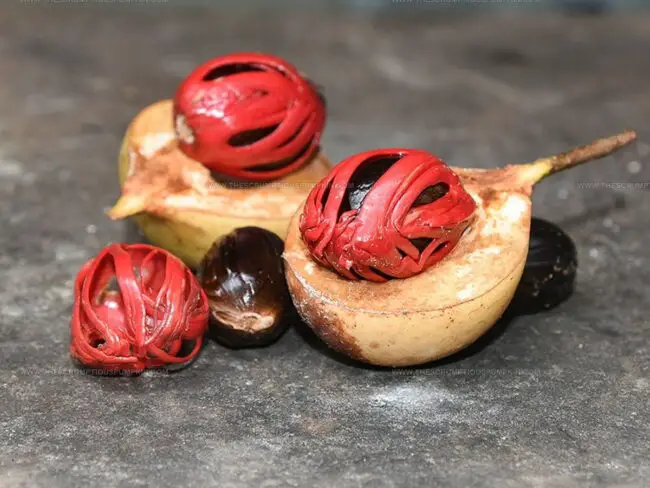
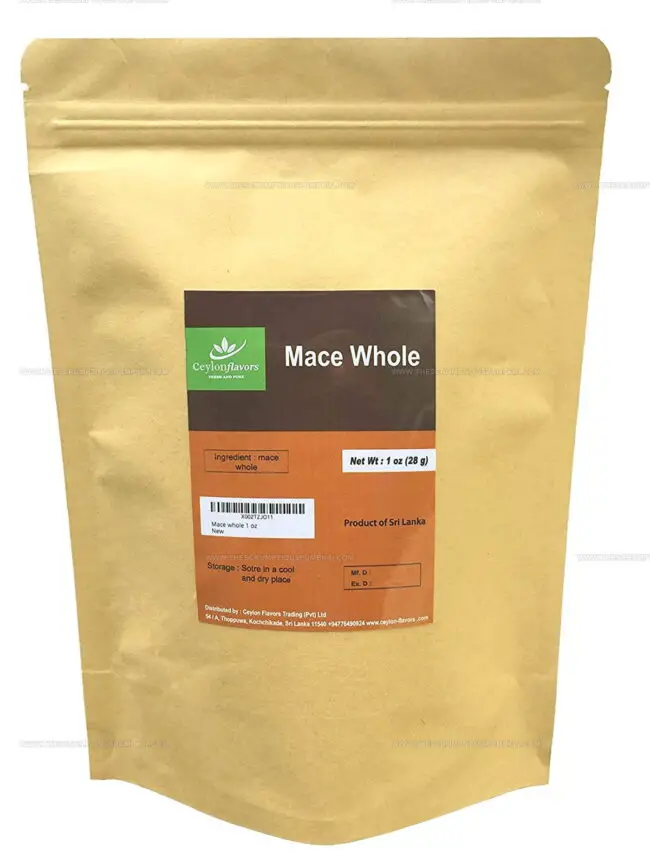
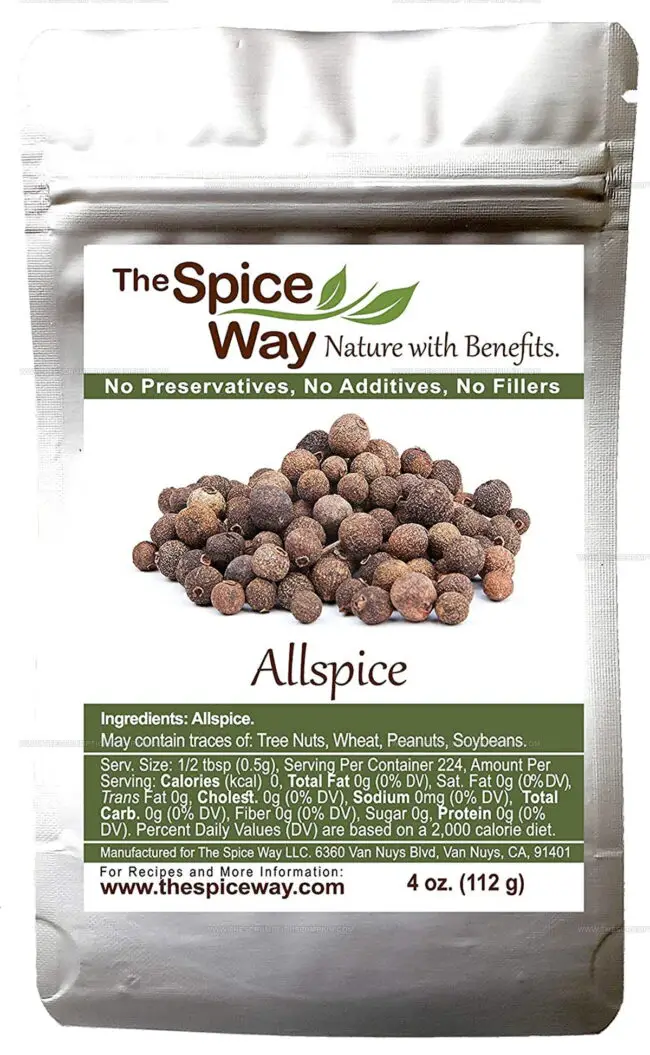
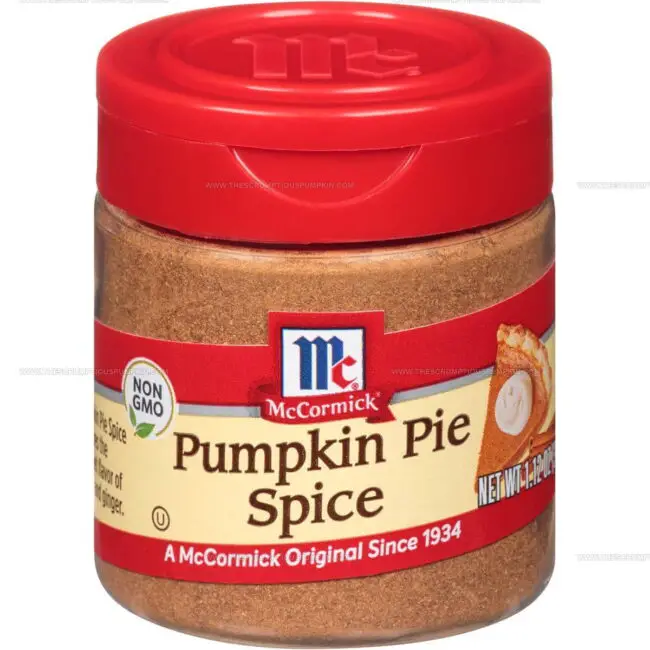
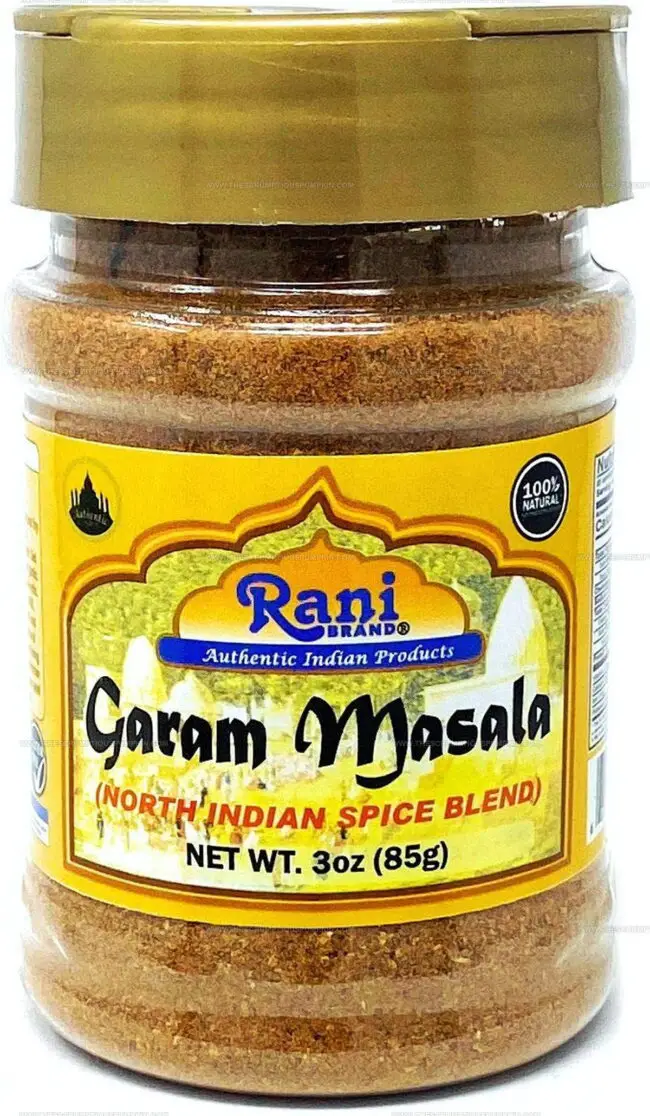
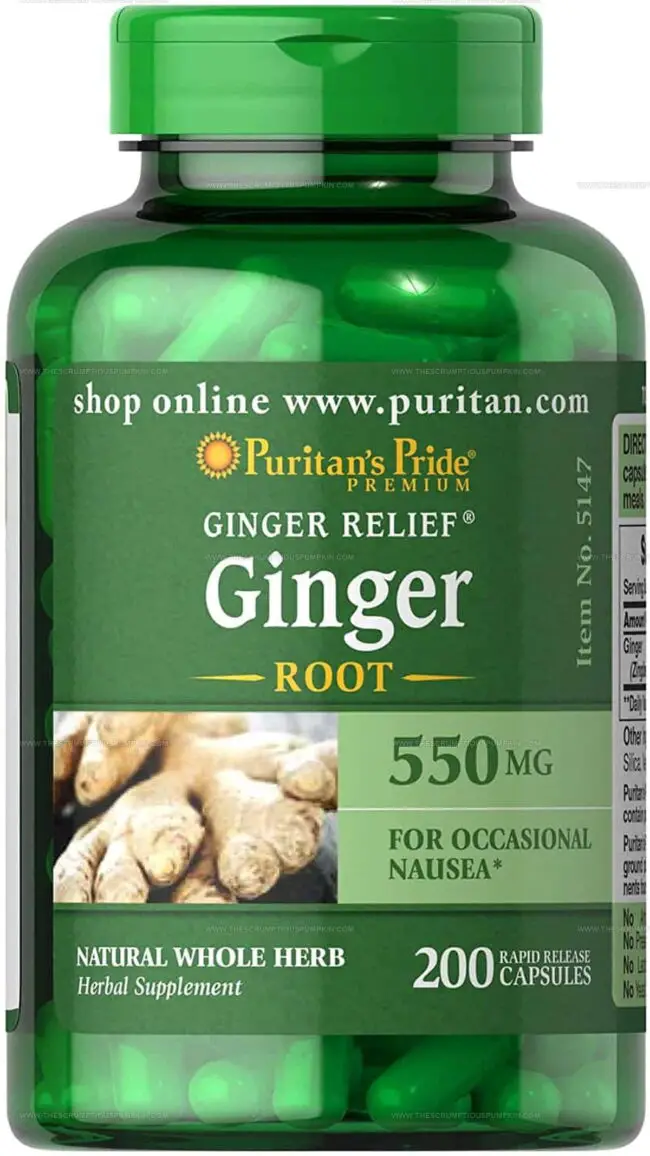
Lucas Bennett
Founder & Recipe Developer
Expertise
Education
Blue Ridge Community College – Certificate in Culinary Arts
Focused on seasonal cooking, sustainable kitchen practices, and farm-to-table techniques.
Appalachian State University – B.A. in English
Built critical thinking and analysis through diverse texts. Guided by faculty, it prepares graduates for publishing and more.
Growing up in the rolling hills of North Carolina, Lucas learned early that some of life’s best memories start around a kitchen table. After studying English at Appalachian State University and honing his culinary skills at Blue Ridge Community College, he dreamed of blending storytelling with rustic, seasonal cooking, and The Scrumptious Pumpkin was born.
Lucas focuses on easy, single-serving recipes that turn fresh, local ingredients into something special. His style is simple, heartfelt, and rooted in the beauty of the seasons. When he’s not testing a new dish, you’ll probably find him hiking in the Blue Ridge Mountains, browsing farmers’ markets, or scribbling food stories in a notebook.